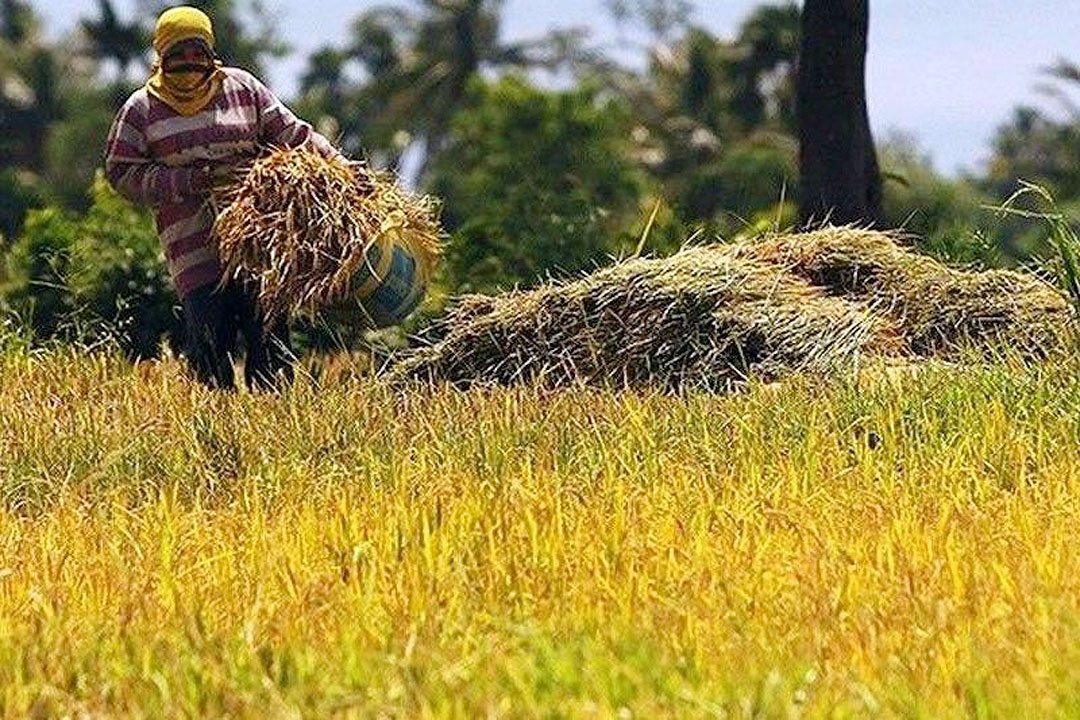Farmers say cash assistance not enough amid import competition

THE Federation of Free Farmers (FFF) said in a statement that the government’s decision to provide cash assistance to farmers affected by the typhoon will not offset the losses they have sustained due to competition from imports.
“Studies by the FFF indicate that rice farmers lost an average of P6,000 per hectare harvested in 2019 and 2020. This was due to the drop in farmgate prices, following the enactment of Republic Act (RA) 11203 or the Rice Tariffication Law (RTL) in March 2019 and the ensuing inflow of large volumes of imported rice,” FFF National Manager Raul Q. Montemayor said.
On Dec. 10, President Rodrigo R. Duterte signed into law RA 11589, which gives monetary assistance to farmers from provinces hit by Typhoon Odette (international name: Rai).
The law will support rice farmers tilling land two hectares or below until 2024. Funds will be sourced from rice import tariff collections in excess of P10 billion annually.
“Assuming a farmer has two hectares of land and harvests two times in a year, his losses in 2019 and 2020 would total P24,000. Last year, the Department of Agriculture (DA) started giving cash assistance of only P5,000 per farmer, using some P7 billion in excess tariff collections in 2019 and 2020. This is equivalent to only 20% of the farmers’ losses during the two-year period,” Mr. Montemayor said.
The FFF said that the cash transfer program is “discriminatory,” as it excludes farmers tilling land more than two hectares who are still affected by the drop in the price of palay, or unmilled rice.
“This subsidy would be negated by higher farm production costs resulting from the recent spike in fertilizer prices, even as palay prices have continued to decline due to the unimpeded arrival of rice imports particularly during peak harvest periods,” the FFF said.
The FFF proposed to allocate some of the excess tariffs to other key programs, such as crop insurance and crop diversification.
“These programs can provide more significant, cost-effective and longer-lasting benefits to rice farmers who have to grapple with recurrent typhoons and price fluctuations. However, they will now lose their funding, because RA 11589 allocates all excess tariffs exclusively to cash transfers,” said Mr. Montemayor.
The organization urged the DA to manage the inflow of imports to prevent the fall of palay prices and avail of trade remedies, such as safeguard duties.
“Safeguard duties can temporarily increase rice tariffs, if imports are found to be excessive and seriously hurting local farmers. The DA has refused to use this remedy and has instead resorted to suspending the issuance of rice import clearances from time to time despite the absence of clear quarantine risks,” the FFF said.
“It does not make sense for the DA to entice farmers with seed and fertilizer subsidies to increase their production while, at the same time, allowing excessive importation. This is a recipe for disaster. It will only cause a supply glut and plunging palay prices, which the DA will now try to offset partially through cash transfers,” Mr. Montemayor added. — Luisa Maria Jacinta C. Jocson



